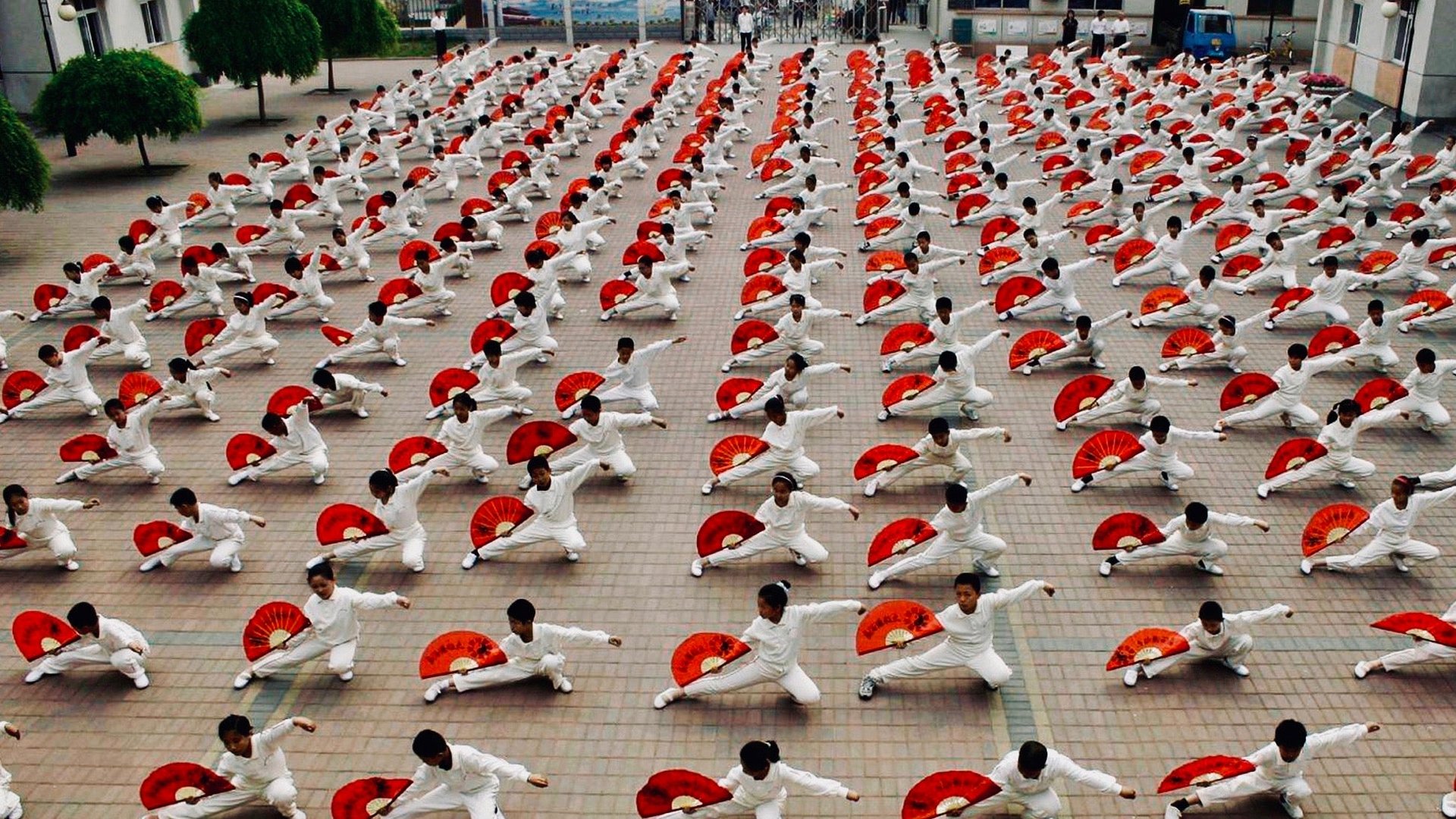A fight between fighting styles just got settled by a court in China
Mixed martial arts (MMA) have dealt a blow to traditional fighting styles all over the world. In China, however, the relatively new combat sport is facing formidable foes: tradition and the government.


Mixed martial arts (MMA) have dealt a blow to traditional fighting styles all over the world. In China, however, the relatively new combat sport is facing formidable foes: tradition and the government.
MMA was so named in 1993. It is a veritable postmodern pastiche of combat styles—including Brazilian jiu jitsu, Israeli krav maga, Thai kickboxing, and more. This no-holds-barred whatever works form of fighting is immensely popular worldwide. In China, however, where traditional martial arts like tai chi and kung fu are practiced by young and old alike, champions of MMA may beat old-school masters in matches, but they can’t win a cultural battle that has been raging for years.
The outspoken Chinese MMA fighter Xu Xiaodong—also known as “Mad Dog”—was recently ordered by a Chinese court to pay 400,000 yuan (nearly $58,000) in fines and publicly apologize on social media—seven days consecutively—for insulting tai chi grandmaster Chen Xiaowang. His social credit score has been lowered, and the South China Morning Post reports that Xu also faces travel restrictions for accusing Chen of being a fake master. As a result, Xu can’t ride in second class or above on planes or sleeper trains, and cannot ride high-speed trains at all (and if he had kids they’d face prohibitions, too).
Despite the legal smackdown and accompanying constraints, however, Xu is fighting for his fight style, and winning. It took him 36 hours to travel from Beijing to his latest bout in Karamay on May 21—thanks to the travel restrictions—yet he still managed to destroy traditional wing chun master Lu Gang.
Wing chun is the fighting style made famous by Bruce Lee. It did not seem effective at all in the face of the newer form practiced by “Mad Dog.” Though Lu is known for his skill with pressure points, he seemed incapable of pressuring Xu at all and quickly ended up with a broken nose. The fight reportedly lasted less than a minute.
Xu said he was forced to battle Lu wearing clown makeup and using a fake name to appease Chinese martial arts authorities, who otherwise would not allow the fight to be live-streamed. Yet Lu was the one humiliated.
That is precisely what concerns traditional martial artists and Chinese authorities. The ancient forms that Mad Dog is taking on are widely celebrated and essential to China’s “soft power.” A fascination with the culture’s old fighting styles brings tourists, fuels the local film industry, and sends a message about China’s strength and skills around the world. Xu’s determination to expose what he calls fake masters threatens much more than the culture’s ego then—it also endangers lucrative businesses and undermines a message that the government wants to continue to send.
Xu has paid a high price for continuing his mission. He runs an MMA gym in Beijing but says he and his family have been forced to go into hiding because he is commonly confronted by crowds in the streets seeking to defend the honor of traditional martial arts. A video of him knocking out tai chi master Wei Lei in 10 seconds went viral two years ago and, ever since, “Mad Dog” has been hounded. Yet it seems he’s not giving up the fight.